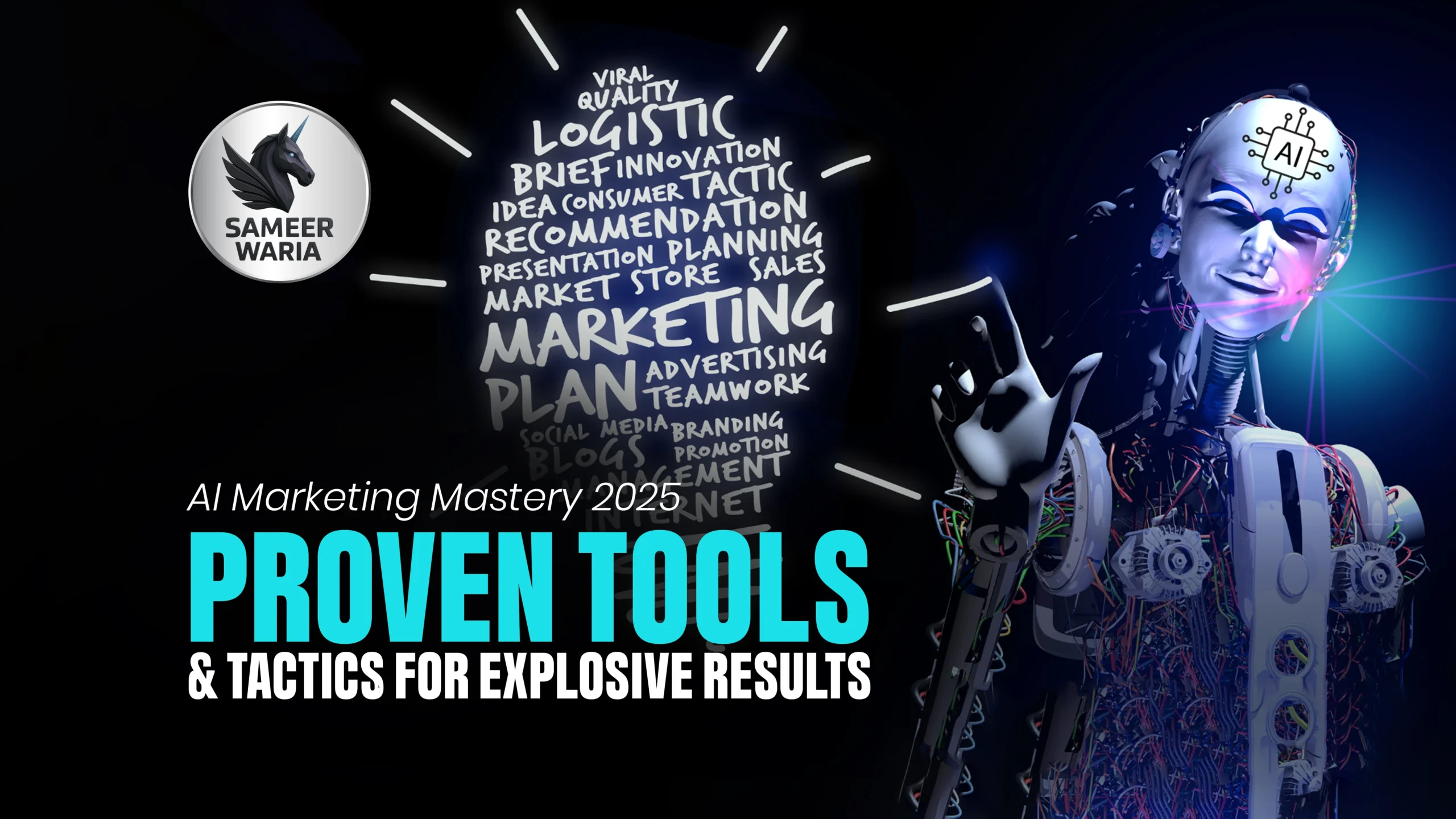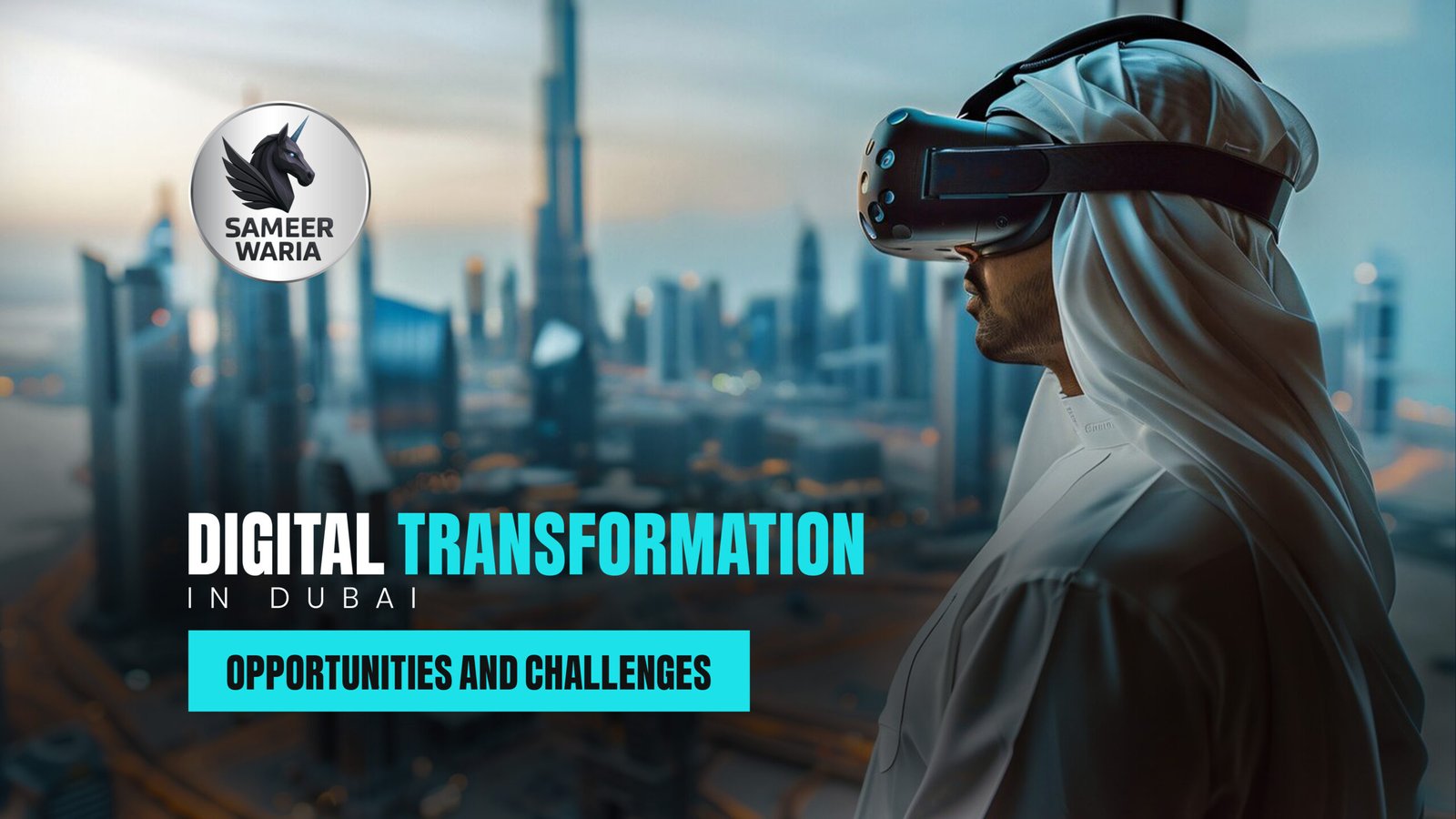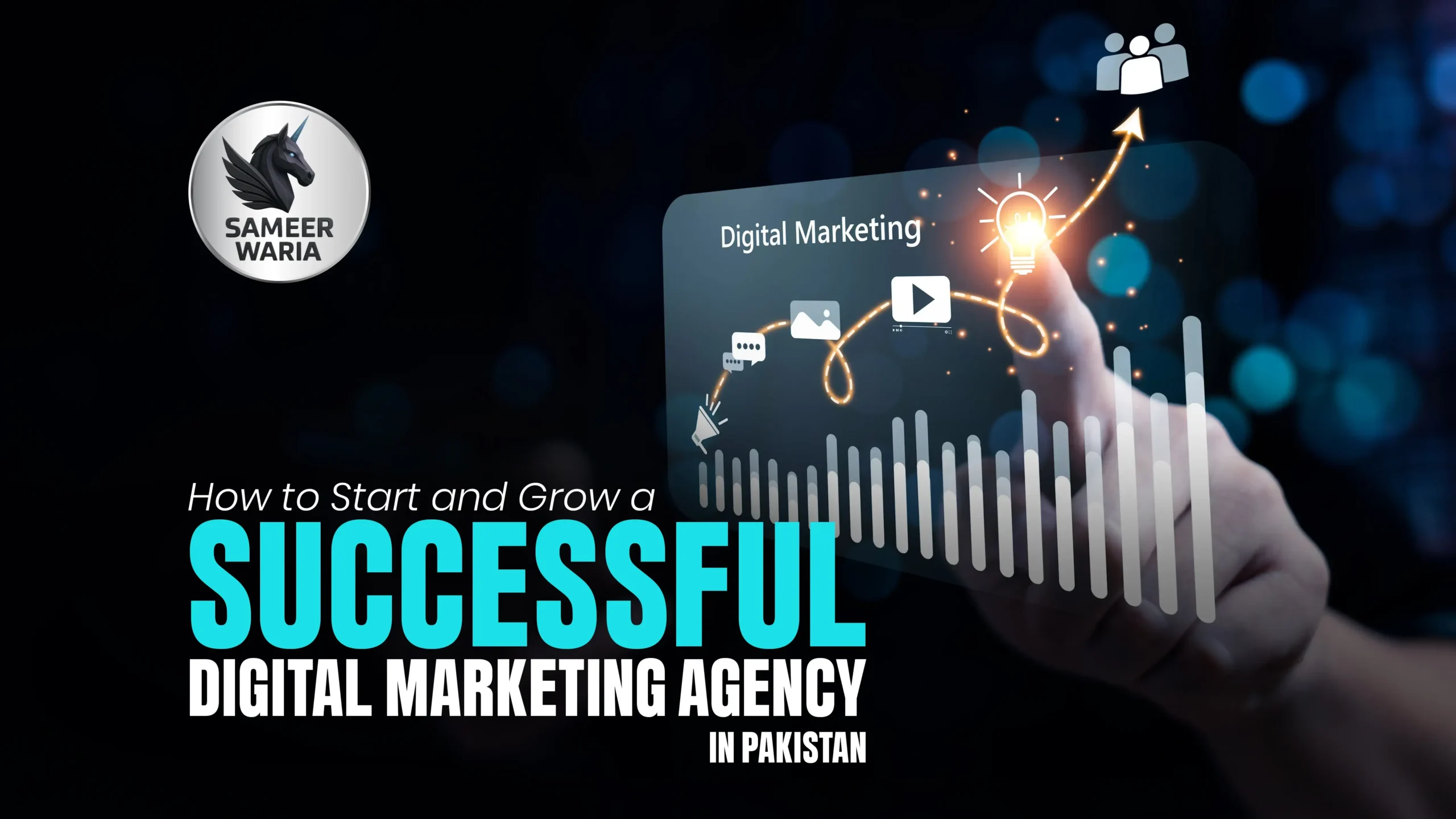In recent years, artificial intelligence has gone from buzzword to reality in many parts of the world — and Pakistan is no exception. From transforming local businesses to influencing digital marketing and education, artificial intelligence in Pakistan is no longer a futuristic concept. It’s here, it’s growing, and it’s making a real impact.
As we step into 2025, let’s dive into how AI is shaping industries, what the future holds, and how platforms like Sameer Waria are leading the way in making this shift more accessible for businesses.
The Current State of Artificial Intelligence in Pakistan
Artificial intelligence in Pakistan is still developing, but it’s moving in the right direction. Government-backed initiatives like the National Centre of Artificial Intelligence (NCAI) are encouraging research and application development. Universities across the country have launched AI programs, and startups are emerging in fintech, edtech, and healthcare using AI-driven solutions.
Take examples like AI-based health diagnostics apps or chatbots used in Pakistani banks — these tools are helping improve customer service, reduce human error, and save time.
Despite infrastructure challenges, the groundwork for AI in Pakistan is being laid steadily, driven by both public and private sector investments.
Key Trends to Watch in 2025
The year 2025 is shaping up to be a pivotal one for artificial intelligence in Pakistan. Several exciting trends are worth noting:
AI-Powered Automation for SMEs
Small and medium-sized businesses are adopting AI-based tools for customer management, lead generation, and inventory control. These technologies are cost-effective and help business owners operate more efficiently — a game-changer for Pakistan’s booming entrepreneurial ecosystem.
Personalized Learning Platforms
Education tech is leveraging AI to offer customized learning experiences. Platforms are now tailoring lessons based on student performance and behavior. It’s a powerful trend, especially in a country where access to quality education varies widely.
Healthcare Transformation
Startups are working on AI tools for early disease detection, patient monitoring, and remote consultations areas where Pakistan’s healthcare system desperately needs support.
This wave of change highlights the artificial intelligence future in Pakistan one where AI plays a significant role in improving everyday lives.
How AI is Driving Business Growth in Pakistan
For business owners, artificial intelligence in business is creating powerful opportunities to scale, cut costs, and understand customers better.
Imagine a clothing brand in Lahore using AI to predict fashion trends, manage stock based on seasonal data, and recommend products to users through chatbots. This isn’t just a vision — it’s happening right now.
Moreover, businesses are using machine learning to gain deeper insights from customer behavior, refine marketing strategies, and optimize operations.
According to digital consultant Sameer Waria, companies that invest in AI early will gain a strong competitive edge over those who delay — especially in dynamic markets like Pakistan.
AI in Digital Marketing: A Game-Changer
The future of AI in digital marketing in Pakistan looks incredibly promising. Here’s how AI is already making waves:
- Customer Segmentation: AI tools help marketers break down large audiences into specific, behavior-based segments.
- Predictive Analytics: Businesses use AI to forecast trends and buying behaviors, allowing them to make smarter ad-spend decisions.
- Content Creation & Optimization: From writing ad copy to testing visuals, AI is being used to generate and improve marketing assets.
In short, ai in digital marketing is no longer optional it’s essential.
With the rise of AI, marketers in Pakistan are becoming more data-driven, agile, and personalized in how they reach their audience.
Challenges and the Road Ahead
Despite progress, artificial intelligence in Pakistan still faces several challenges:
- Lack of Infrastructure: Power outages, limited cloud access, and inconsistent internet still hinder AI deployment in rural areas.
- Skills Gap: There’s a shortage of AI specialists and data scientists, making it difficult for many companies to scale AI solutions.
- Ethical Concerns: As in other parts of the world, there’s a growing need for regulation around data privacy and algorithm bias.
That said, the artificial intelligence future in Pakistan is bright. With continuous investment in education, tech, and policy, these challenges can be turned into opportunities.
What’s Next for AI in Pakistan?
Looking ahead, here are a few predictions for 2025 and beyond:
- More AI Startups: As accessibility improves, expect a surge in AI-driven startups across sectors like agriculture, retail, and logistics.
- Government Policies: Clearer frameworks for data protection and AI ethics will encourage safer innovation.
- International Collaboration: Pakistan will likely collaborate with other AI-advancing countries for research, tech sharing, and policy development.
As highlighted by experts at Sameer Waria, now is the time for businesses to understand, invest in, and adopt AI at various levels — not just for efficiency, but for long-term survival.
Final Thoughts
The rise of artificial intelligence in Pakistan isn’t just a tech revolution — it’s a national transformation. From education to healthcare, and from startups to digital marketing, AI is already proving its worth.
What’s needed now is continued support from the government, the private sector, and individuals who are ready to upskill and embrace the future.
Pakistan is just getting started and the future is intelligent.
FAQs
What are the top industries adopting AI in Pakistan?
Sectors like healthcare, education, retail, and finance are actively integrating AI solutions to improve efficiency and customer experiences.
Is AI development in Pakistan government-supported?
Yes. Initiatives like NCAI and various university programs are encouraging AI research and implementation.
Can small businesses in Pakistan afford to use AI?
Absolutely. Many affordable AI tools are now available that cater specifically to SMEs, making it easier than ever to adopt.
How is AI used in digital marketing in Pakistan?
AI helps marketers with personalization, customer segmentation, predictive analytics, and even content creation.














